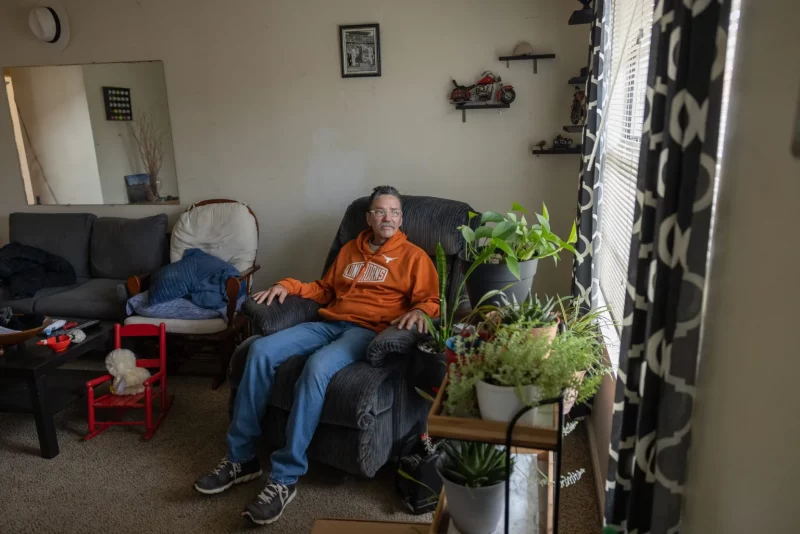A Law Was Meant to Free Sick or Aging Inmates. Instead, Some Are Left to Die in Prison.
Share
Explore Our Galleries
Breaking News!
Today's news and culture by Black and other reporters in the Black and mainstream media.
Ways to Support ABHM?
By Fred Clasen-Kelly, Kaiser Health News
The First Step Act was supposed to help free terminally ill and aging federal inmates who pose little or no threat to public safety. But while petitions for compassionate release skyrocketed during the pandemic, judges denied most requests.

Jimmy Dee Stout was serving time on drug charges when he got grim news early last year.
Doctors told Stout, now 62, the sharp pain and congestion in his chest were caused by stage 4 lung cancer, a terminal condition.
“I’m holding on, but I would like to die at home,” he told the courts in a request last September for compassionate release after serving about half of his nearly 15-year sentence.
A federal compassionate release law allows imprisoned people to be freed early for “extraordinary and compelling reasons,” like terminal illness or old age.
[…]
But data from the U.S. Sentencing Commission shows judges rejected more than 80% of compassionate release requests filed from October 2019 through September 2022.
[…]
As a result, academic researchers, attorneys, and advocates for prison reform said the law has been applied unevenly across the country.
Read more about the experiences of “justice”-involved Black people and their families here. [Curator’s note: Incredibly, there are probably more stories about the emprisonment of Black folks now and in the past than any other Breaking News stories in this museum. This says nothing about Black folks and everything about the racial terror and oppression in the US.]









Comments Are Welcome
Note: We moderate submissions in order to create a space for meaningful dialogue, a space where museum visitors – adults and youth –– can exchange informed, thoughtful, and relevant comments that add value to our exhibits.
Racial slurs, personal attacks, obscenity, profanity, and SHOUTING do not meet the above standard. Such comments are posted in the exhibit Hateful Speech. Commercial promotions, impersonations, and incoherent comments likewise fail to meet our goals, so will not be posted. Submissions longer than 120 words will be shortened.
See our full Comments Policy here.